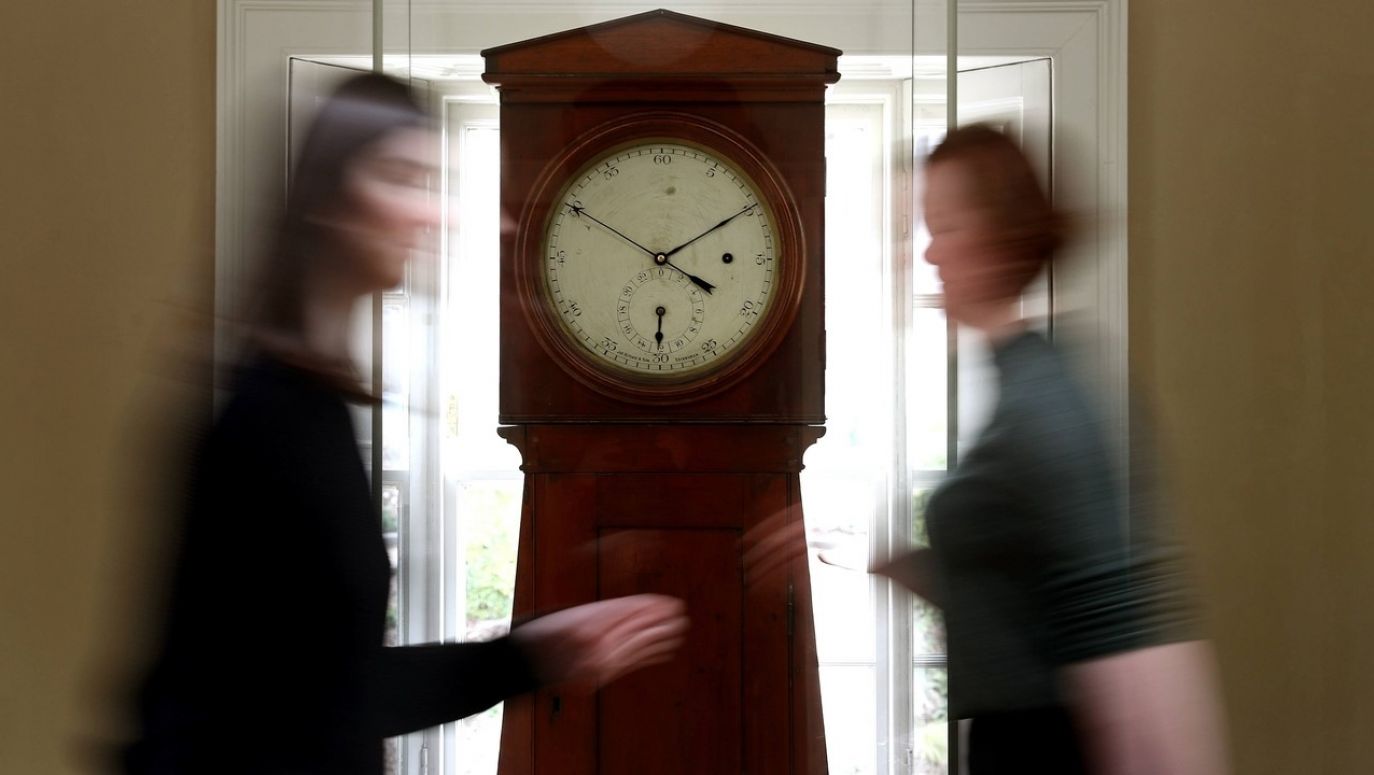Cows shouldn't complain about the time change either because officials say that artificial lighting and automated technology do not disturb their feeding and milking rhythm. Besides, it is known that these cows are responsible for greenhouse gases and global warming in general, so it is better to change cow's milk to oat milk than to endure the time change. Cows won't adjust our watches.
The end of the American dream
But not only Europe, especially the United one, has problems adjusting the time. Nearly sixty countries around the world change the time. Some states have given up on it in recent years, but these examples cannot be encouraging for the democratic community because these are Belarus, Russia and Turkey. Those nations are not the best allies for opponents of changing times, from summer to winter and vice versa.
 SIGN UP TO OUR PAGE
SIGN UP TO OUR PAGE

Americans also struggle with the time change. Reports from the USA were initially very optimistic. In recent years, there has been an informal but powerful movement favouring daylight saving time as standard time. Appropriate regulations have been introduced in over thirty states. There were cultural, ecological, economic and medical arguments. In 2015, the Nevada Assembly passed a resolution calling the US Congress to adopt daylight saving time. A similar document was adopted by the Florida Senate three years later. Then there were other states: Washington, Tennessee, Oregon, Alabama, Arkansas and Georgia. Finally, on March 15, 2022, the US Senate passed the Sunshine Protection Act, which stated that daylight saving time becomes mandatory and there is no longer any need to change the clocks.
A great triumph was announced. It seemed that nothing would stop the victorious march of the supporters of summer time - and simultaneously - opponents of constant time changes. A new reality was to be declared on November 5, 2023. The blow came from an unexpected direction. The House of Representatives did not accept the bill. The American Academy of Sleep Medicine opposed the project, supported by the American College of Chest Physicians and the World Sleep Society, which had completely different visions of standard time. And until the bill passes both houses of Congress, nothing will change in this matter.
For now, only a minority, i.e. 21 percent of US citizens, do not want it to remain the way it is now, 17 percent cannot decide. Of the remaining half of Americans, 31 percent prefer summer time all year round, and 31 percent prefer only winter time. It is not likely that anything will change quickly in America due to the time change.
I am one of those who have always had a hard time dealing with the time change. And I'll still feel terrible for a few weeks, twice in a row. Unfortunately, I'm not a cow, so neither artificial light nor feeding automation could help me.
– Grzegorz Sieczkowski
TVP WEEKLY. Editorial team and jornalists
– Translated by Katarzyna Chocian




 SIGN UP TO OUR PAGE
SIGN UP TO OUR PAGE
 Americans also struggle with the time change. Reports from the USA were initially very optimistic. In recent years, there has been an informal but powerful movement favouring daylight saving time as standard time. Appropriate regulations have been introduced in over thirty states. There were cultural, ecological, economic and medical arguments. In 2015, the Nevada Assembly passed a resolution calling the US Congress to adopt daylight saving time. A similar document was adopted by the Florida Senate three years later. Then there were other states: Washington, Tennessee, Oregon, Alabama, Arkansas and Georgia. Finally, on March 15, 2022, the US Senate passed the Sunshine Protection Act, which stated that daylight saving time becomes mandatory and there is no longer any need to change the clocks.
Americans also struggle with the time change. Reports from the USA were initially very optimistic. In recent years, there has been an informal but powerful movement favouring daylight saving time as standard time. Appropriate regulations have been introduced in over thirty states. There were cultural, ecological, economic and medical arguments. In 2015, the Nevada Assembly passed a resolution calling the US Congress to adopt daylight saving time. A similar document was adopted by the Florida Senate three years later. Then there were other states: Washington, Tennessee, Oregon, Alabama, Arkansas and Georgia. Finally, on March 15, 2022, the US Senate passed the Sunshine Protection Act, which stated that daylight saving time becomes mandatory and there is no longer any need to change the clocks. 



